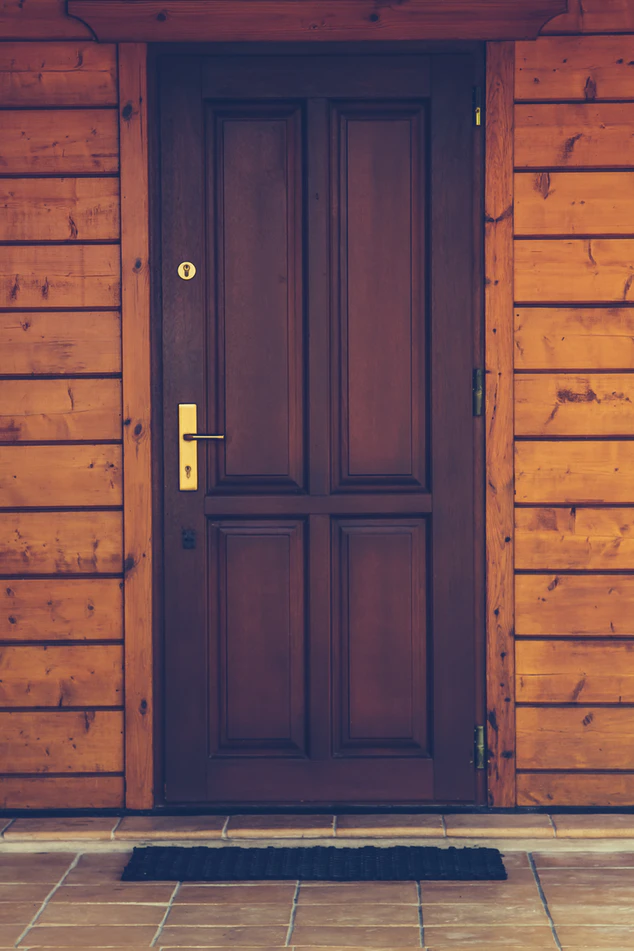Door and Window Sensors – How Many Do You Actually Need

Smart home security systems consist of a lot of devices. And while most of them might seem interesting and very useful, chances are contact sensors look dull and boring. They’re simple and unobtrusive, and actually quite small. Oh, and they only come with a single function – detect whether a door, cabinet, window or drawer has been opened.
That being said, they’re actually an integral part of a good smart security system. The more sensors you have, the more versatile your system is, and it is also quite a bit smarter. Now, an average system might come with ten (more or less) contact sensors, but oftentimes you actually need more.
So, how do you know how many you actually need? Well, let’s take a look at some of the most popular places where you’d want to use them, and you’ll have a good idea of how many of them to get as part of your home security system.
Let’s Start With the Doors
The doors are obviously the first place where you’d use contact sensors. The first one is obviously the front door. There’s quite a lot of activity happening around your front door, and a contact sensor can tell you early on that something is happening. If someone does break in through your front door, that’s the sensor that’s going to alert the security system. Aside from that, it can tell you if your toddler learned to open the front door, for example. Pair it with a smart lock and doorbell camera, and you’re good to go.
You should have one on the back door, too. This might prevent anyone from sneaking in (or out) when you don’t want them to, especially if they’d rather avoid the front door. Another good idea is the garage door. Aside from your cars, the garage also has tools and other forbidden equipment, which might be attractive to your kids. It also might be a way to get inside your home for a burglar, so it’s a good idea.
There’s two left, and the first one is your “man cave”. Whether that’s the room where you have your gaming PC, consoles, TV and good audio system and use it to chill out or a room that has your precious collectibles, you don’t want people getting in there uninvited. Last but certainly not least, a contact sensor on your toddler’s room will let you know if they’re wandering somewhere before they get to the stairs.
Moving on to the Windows
The primary windows you’ll want to have contact sensors on are the downstairs windows. A third of all burglaries are enabled by a window or door that isn’t secured, and most of them are from downstairs windows. With a contact sensor, you’ll know that they’re all closed and secured before you go to sleep, or leave your house. You can even add security film to your windows to keep them from being broken to gain entry.
Next, you’ll want your children’s windows to have contact sensors. Your kids know they shouldn’t open them without permission, but that won’t stop them if they want to. A contact sensor will send you an immediate notification that your kid is more curious than you’d like.
Contact Sensors Are Also Used for Appliances and Storage Cabinets
The first thing that springs to mind is the liquor cabinet. You probably have one at home, and you don’t want your kids accessing it before you want them to. Just like the windows, that won’t stop them. Therefore, a contact sensor will quickly tell you that they’re opening it and messing with things they shouldn’t be messing with.
Another similar thing is the videogames and consoles cabinet. You left your house, and you told your kids that they should do their homework, and not spend more than an hour playing video games. Will they listen? Chances are they won’t, but you’ll get a notification that the cabinet was open for a bit too long.

Add to this list the medicine cabinet. Yes, it’ll protect medications from your children, and your children from medication, but there’s a much more important use. Did you take your antibiotics every day, without fail, last time they were prescribed? Chances are you didn’t. A contact sensor can tell you that you didn’t open the cabinet today, and it’ll remind you that you need to take your pills without skipping a day.
Last but not least, there’s the freezer. You’ve got some good food inside, and you’ve got a family that opens it constantly to get ice cream. At some point, probably sooner rather than later, they’ll leave the freezer open, and things will melt. There goes your good food. But if you had a contact sensor on the freezer door …
